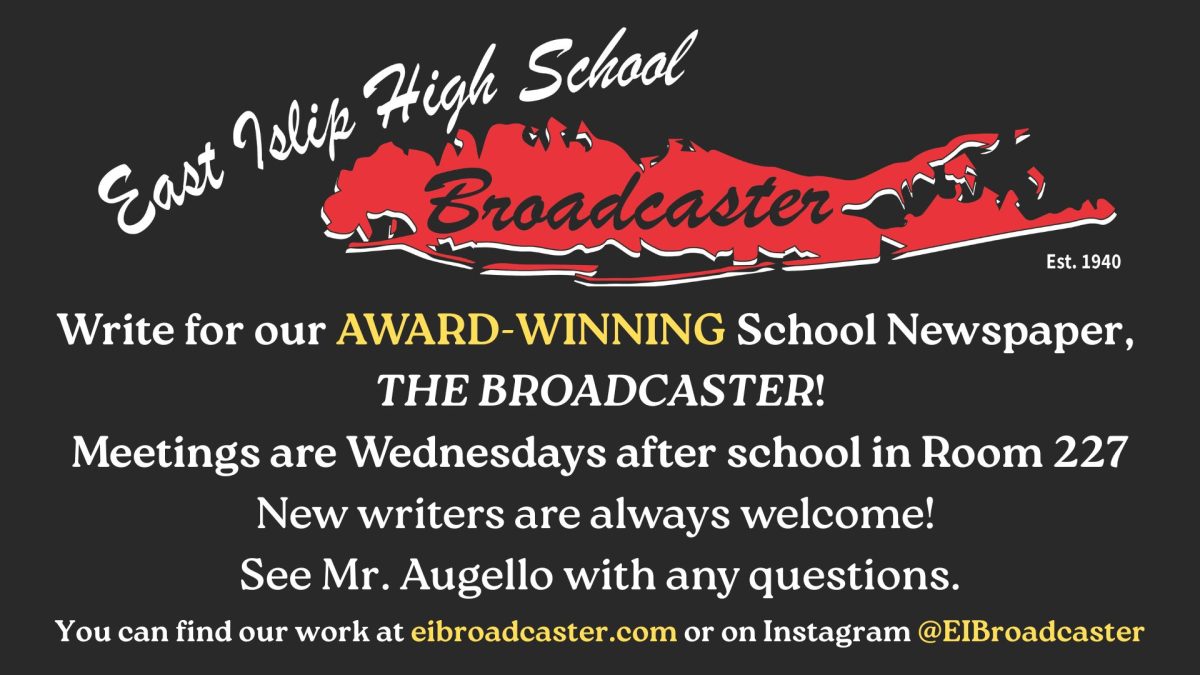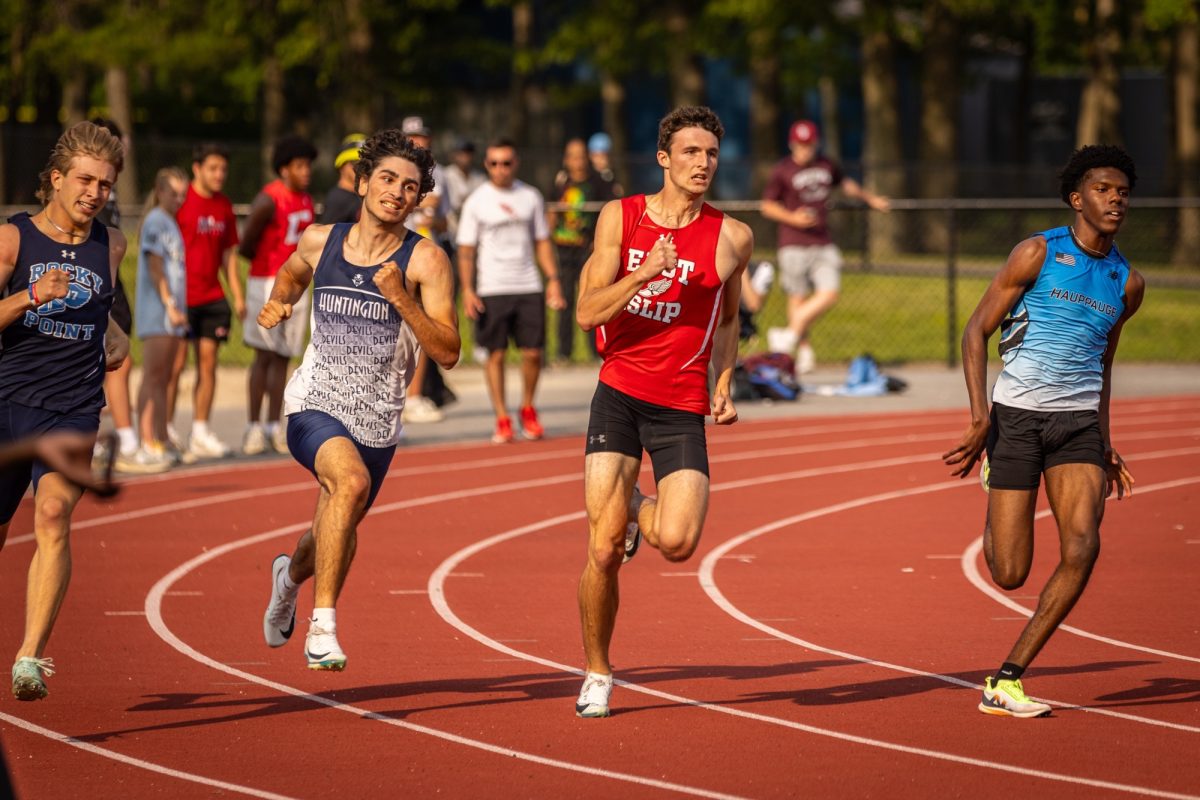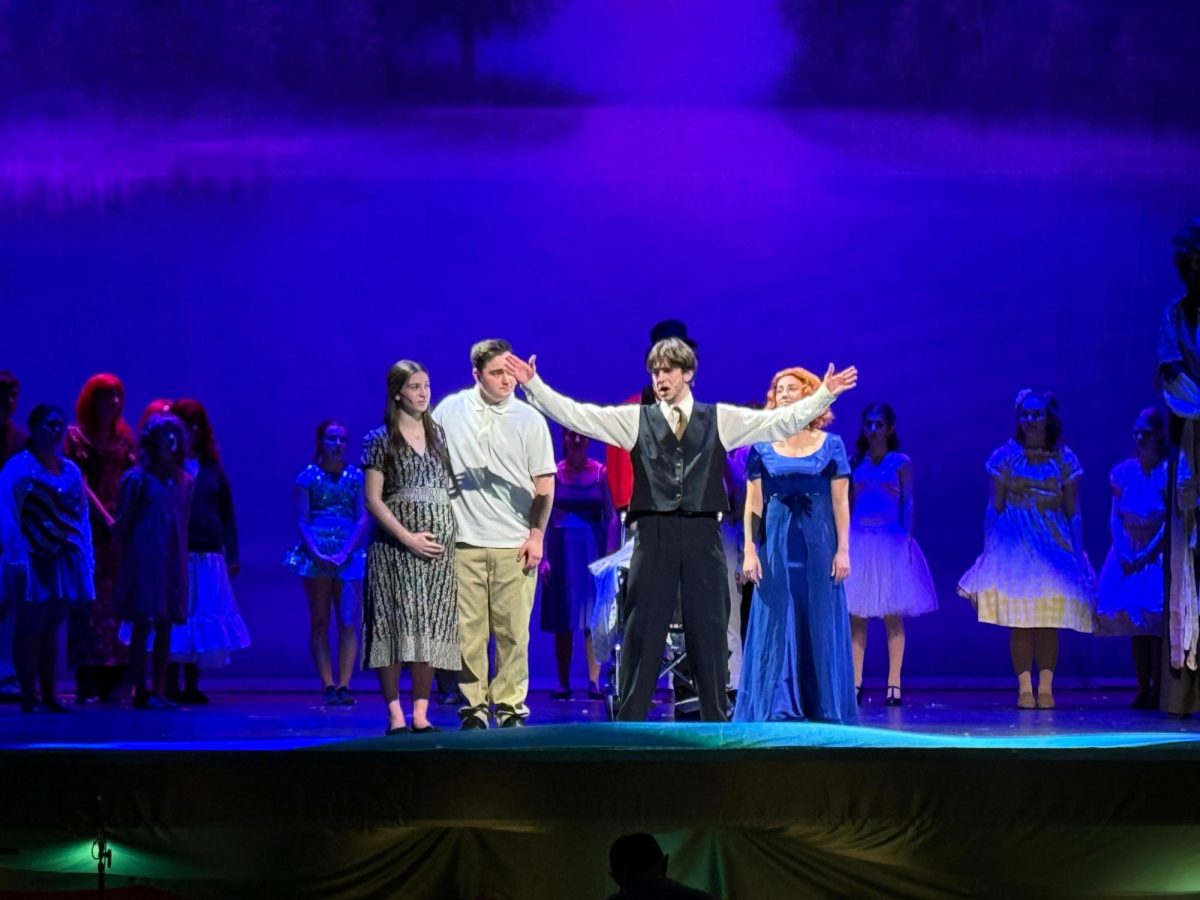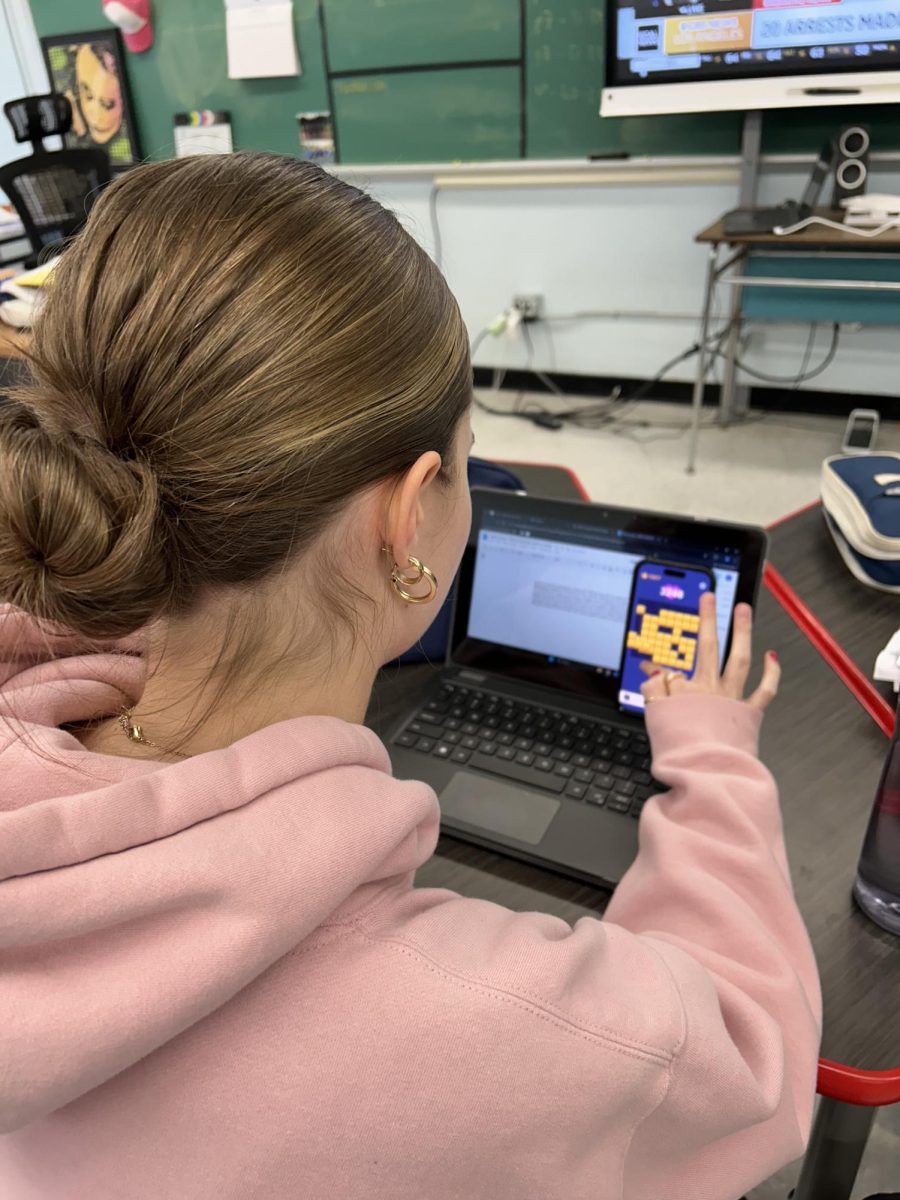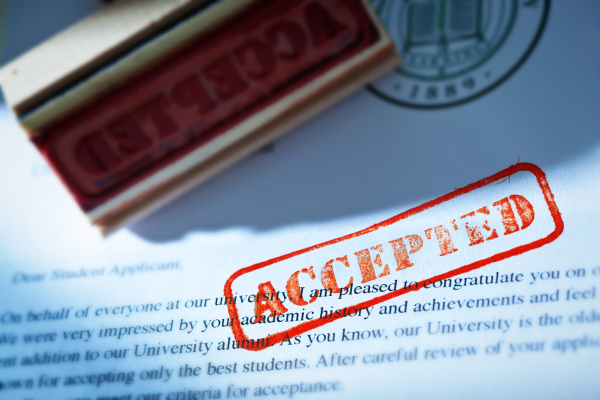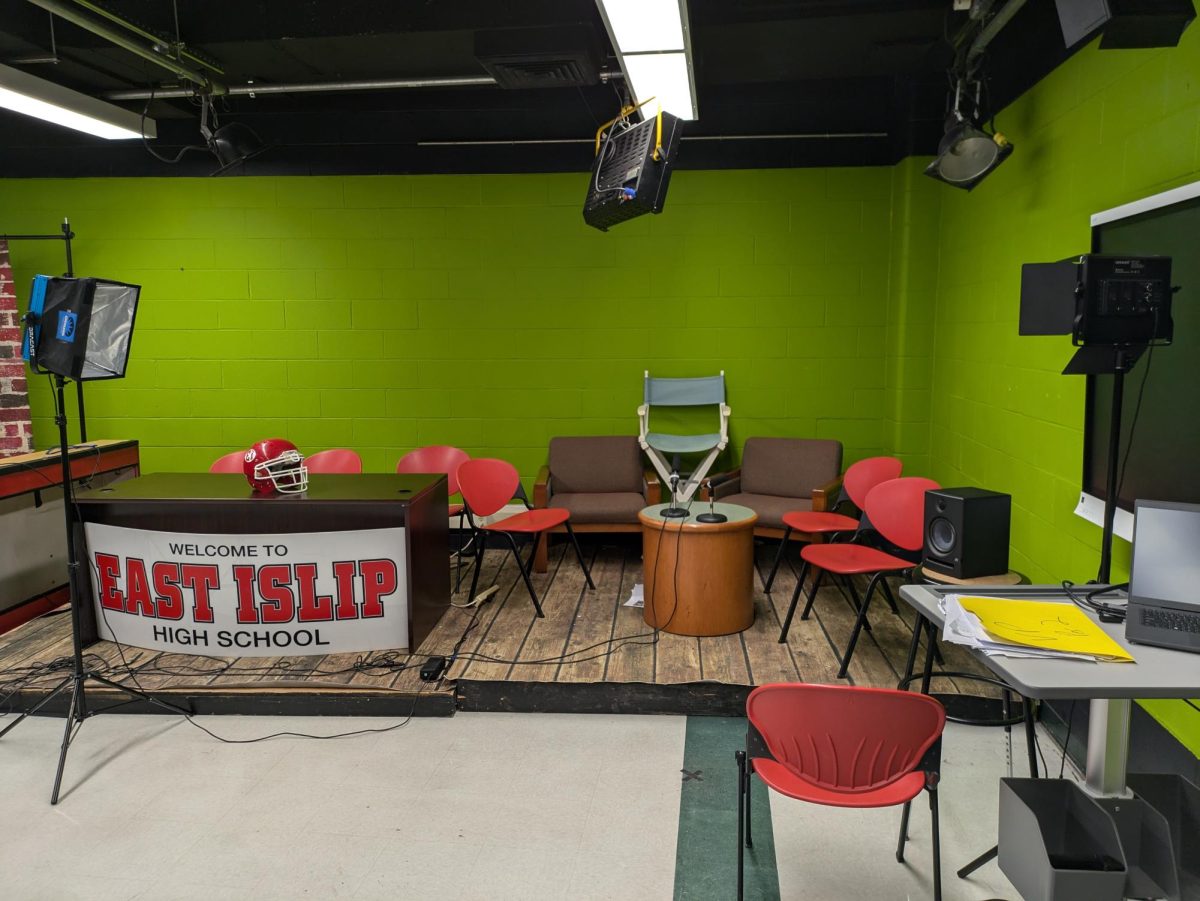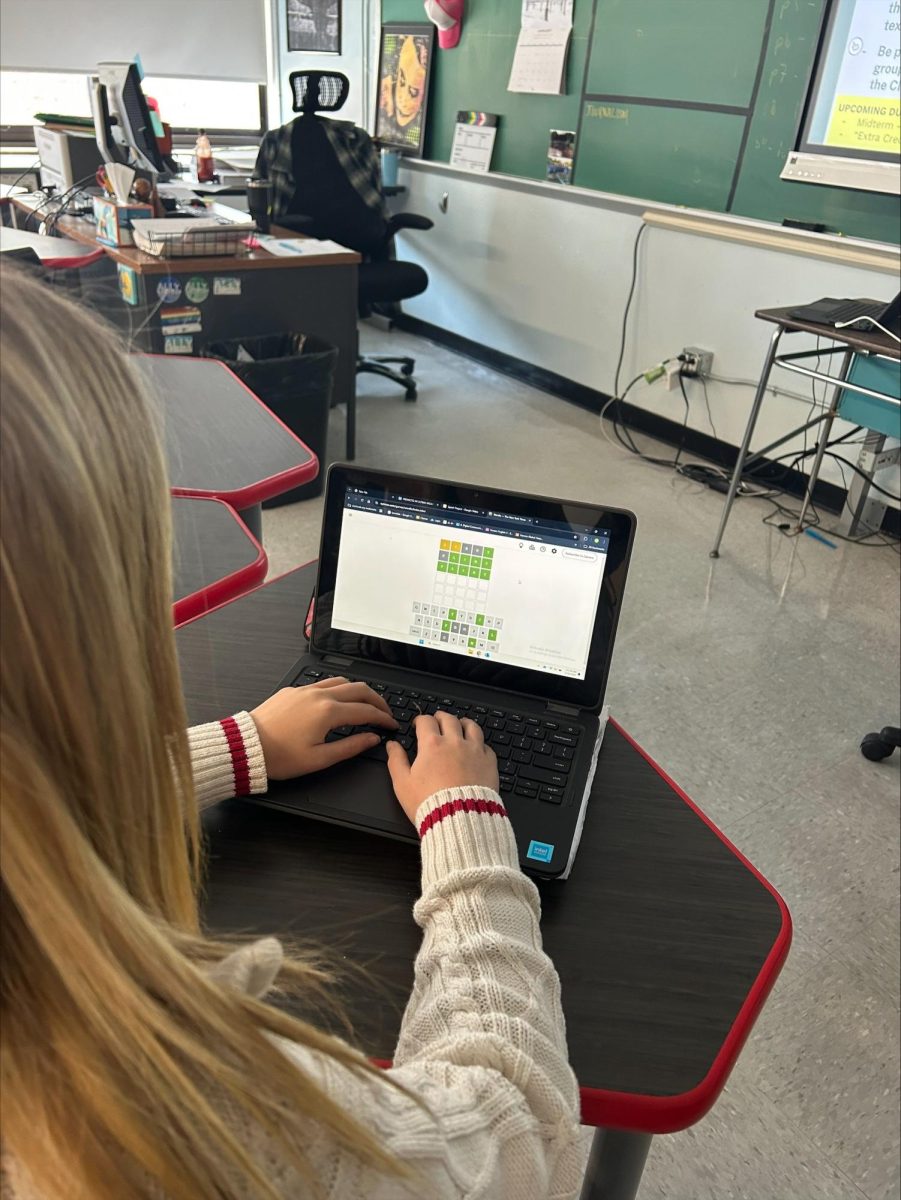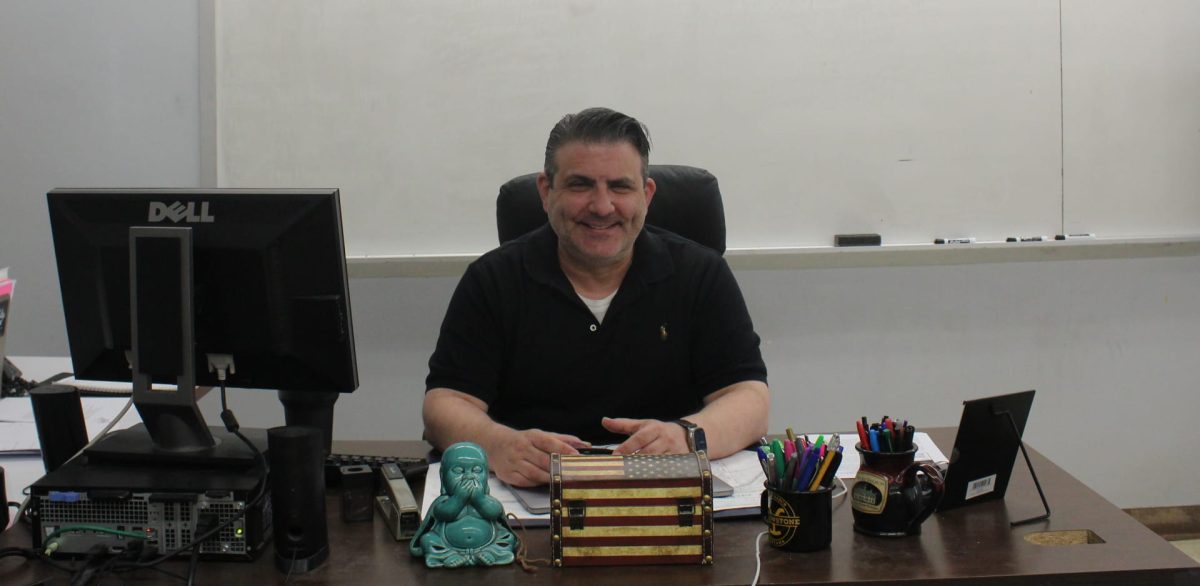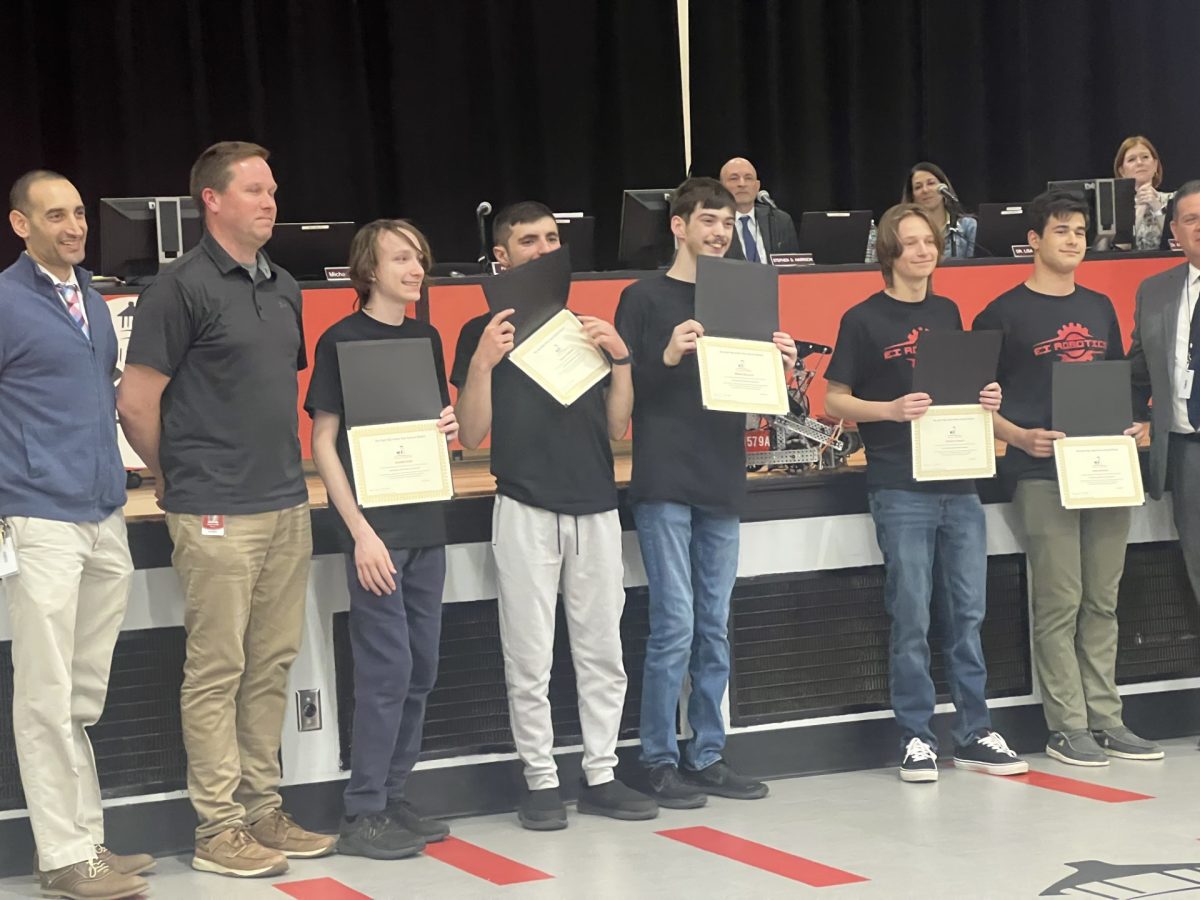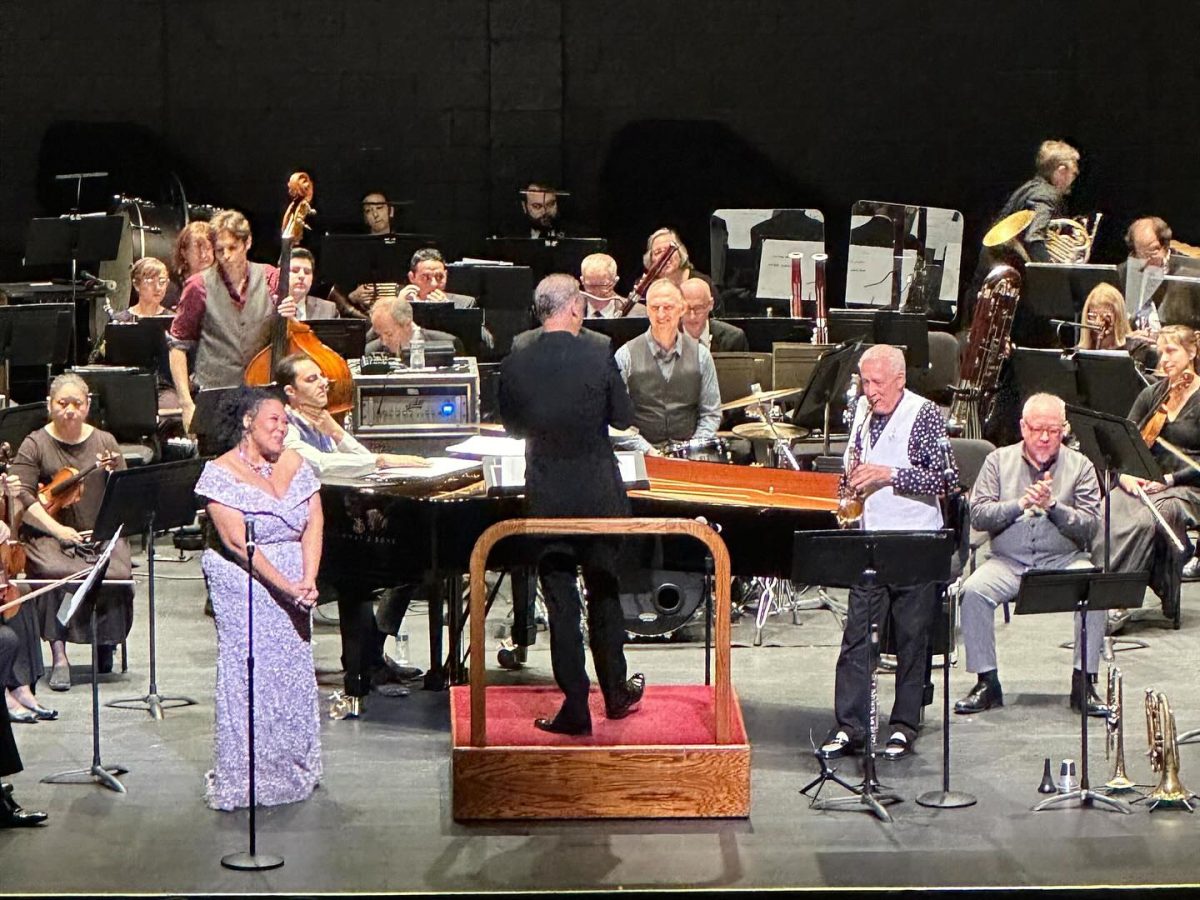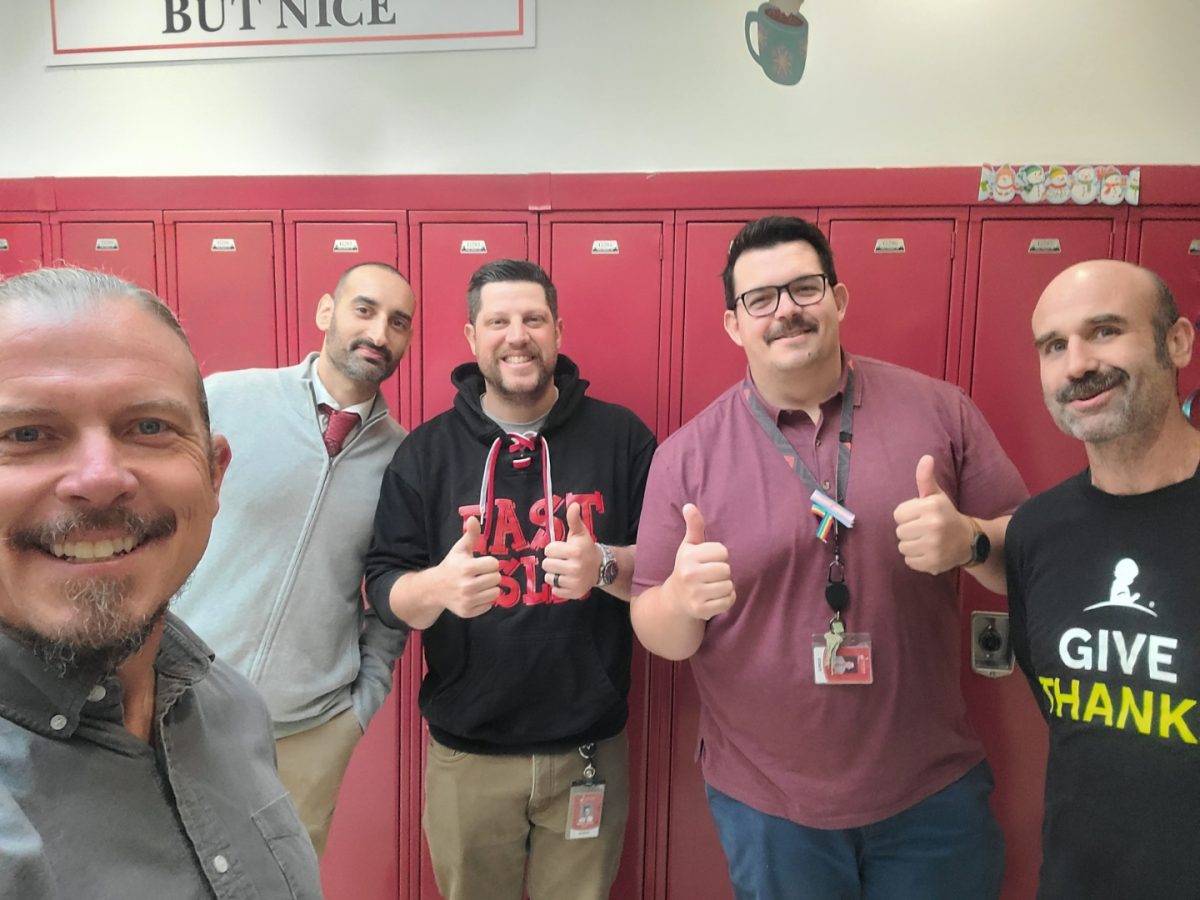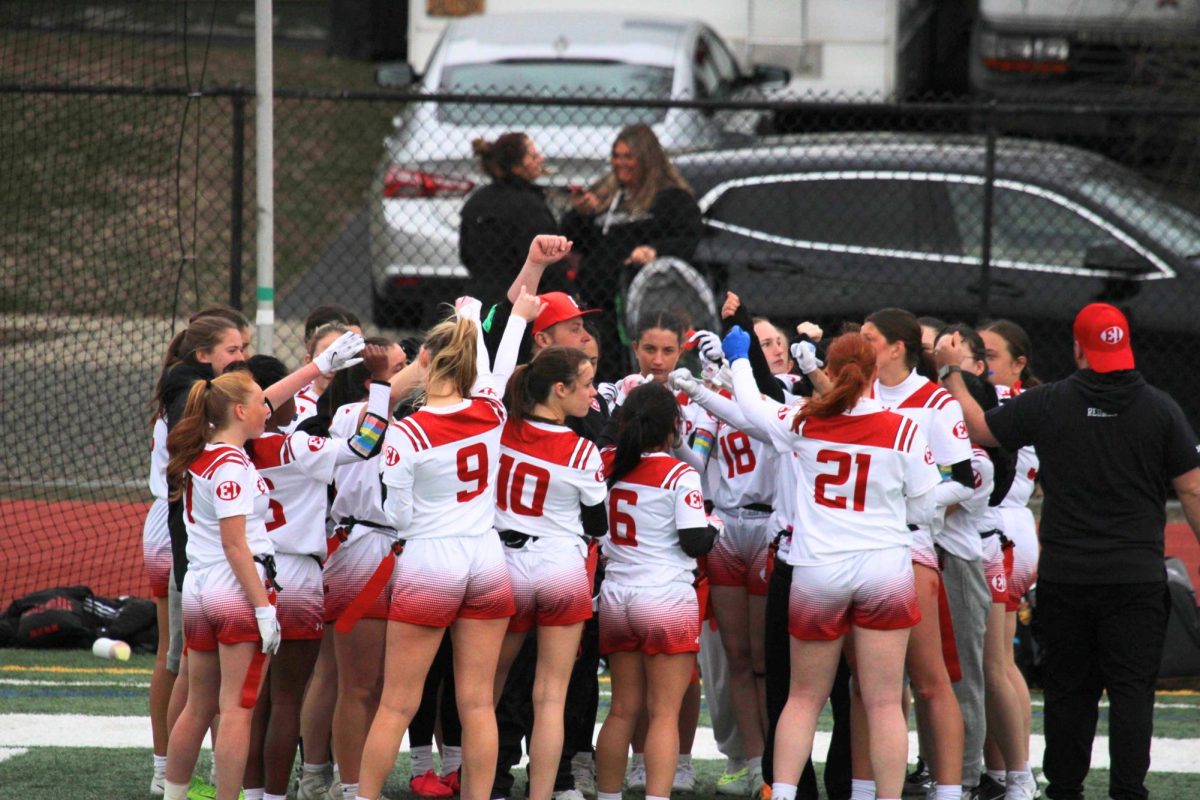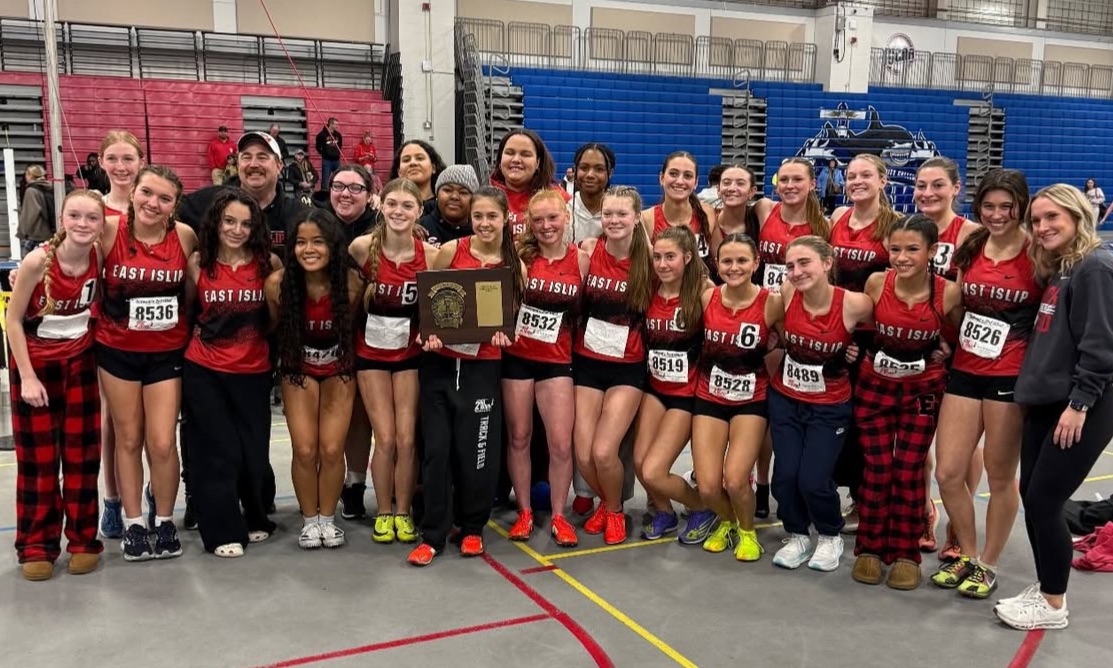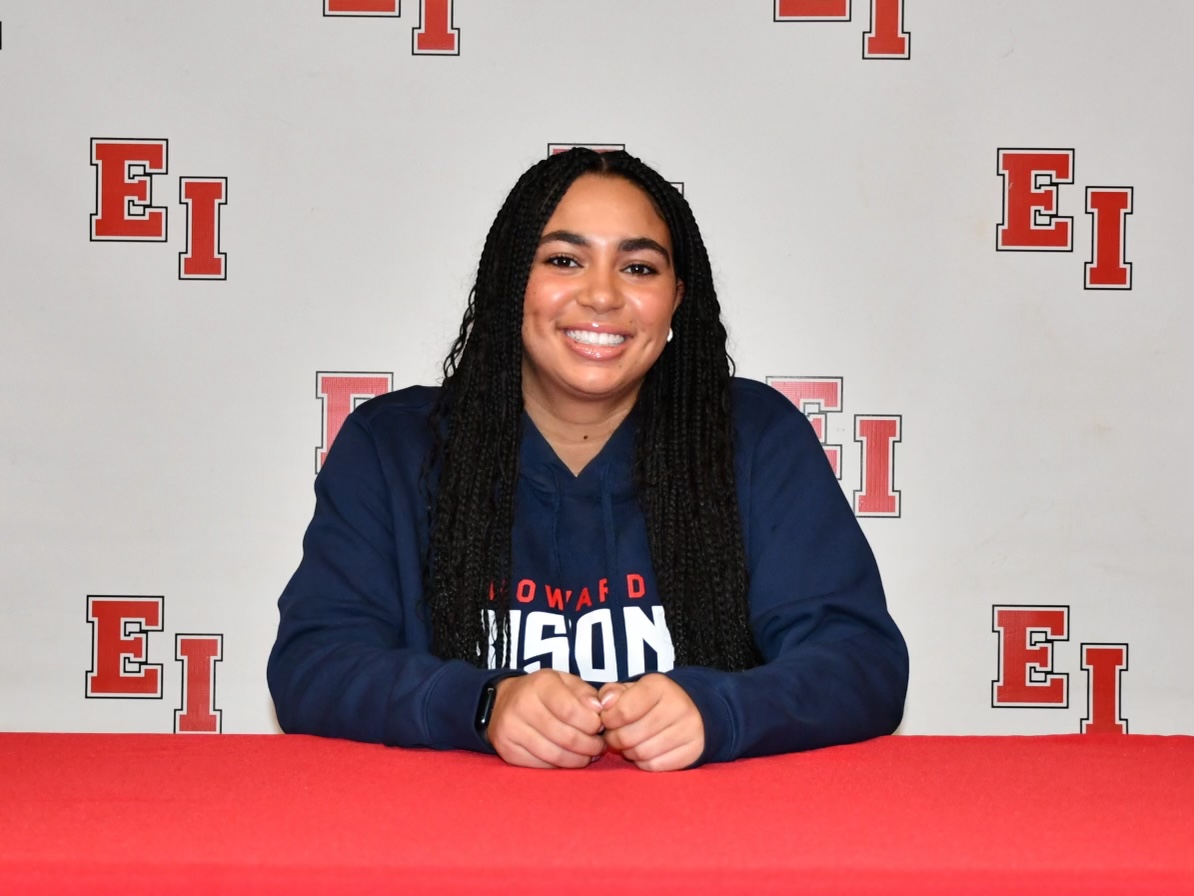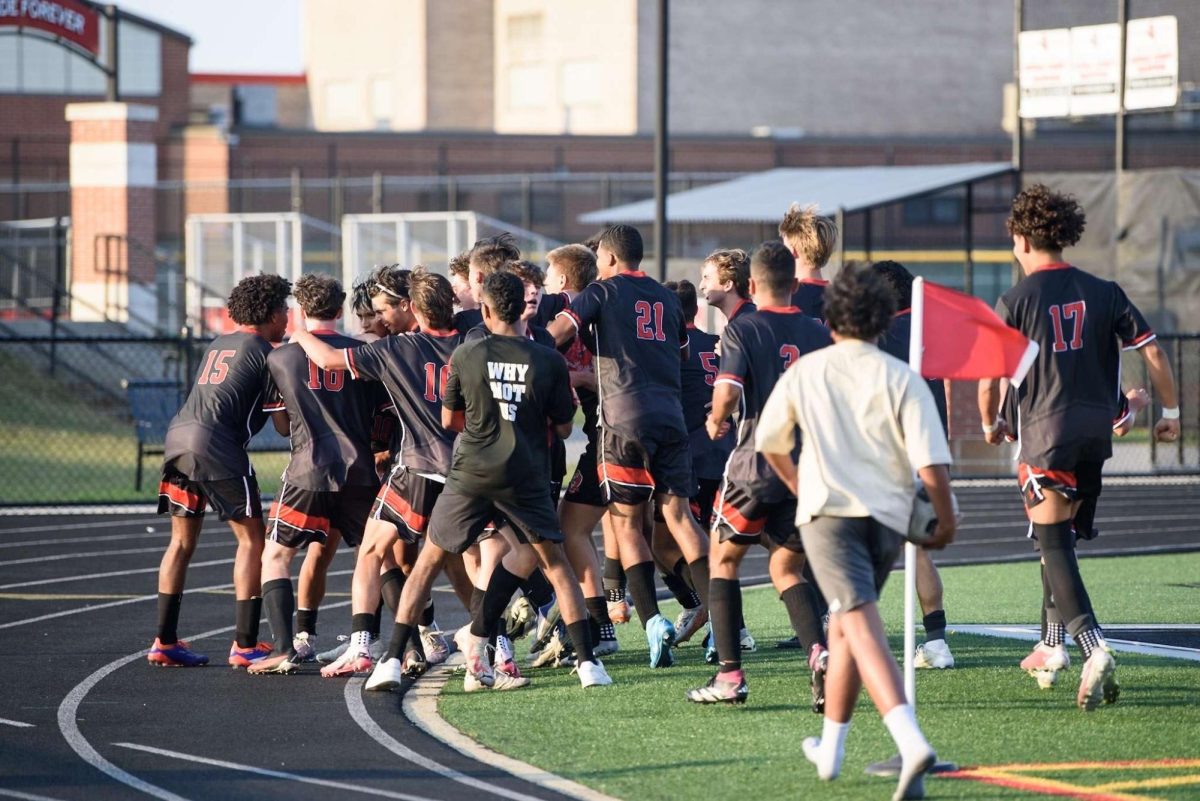If you opened this article, that probably means you’re going to NYSSMA (New York State School Music Association Awards), or perhaps you plan on going in the future. If that’s the case, then congrats! It’s brave enough just to try, and no matter how you perform, I can personally confirm that you will leave the whole experience a better musician than when you started.
… but since you’re here, allow me to tell you a little about NYSSMA, All-State, and what comes after. My name is Tristan Hearth, and I was fortunate enough to be accepted into the All-National Honors Choir in my senior year, but to be perfectly honest, every step of the way was an utter mystery. When I attended All-State in my junior year, I heard of All-Eastern for the first time from another singer, learning also just then that I had missed the opportunity to apply. I was eligible, but just didn’t know. It’s for that reason that I’m writing this article. I want you to have the opportunity you deserve.
That being said, the following guide is separated into sections (the whole thing together is long), so focus on it in steps. If you don’t know which applies to you, here are the simplified notes: All-State can be tried for through NYSSMA alone, All-Eastern is open to anyone who gets into All-State (which you hear about in Summer), and All-National is open to those who attended All-State the same year.
Along with me for the ride is Keira Tantillo, who was accepted into All-Eastern for voice (a group I never made it into for reasons we’ll get into later, I promise).
So stick around, read what you need, and I’ll tell you a little about everything.
NYSSMA
Okay, so before we can talk about all the “All-”s, let’s talk about how NYSSMA works.
While the specifics are down to your respective teacher (every instrument has a different in-room process), I can tell you a little more about the levels.
The difficulty levels (1-6) relate to solely the difficulty of the music in each category, as well as the scales and sight reading/singing you’ll have to perform, but after the highest difficulty is where the fun begins.
Once you work up to singing or playing at level 6, you can go at the All-State level. Now, before you freak out, All-State NYSSMA is the SAME as level 6, just with slightly harsher grading. Not so bad, right?
The reason it’s harsher is because those solos are essentially the “audition” for the All-State ensembles for the next year. If you snag a perfect score, you’re immediately considered an alternate for All-State, and are eligible to be full selected as a member of the ensemble. Scores less than that can also be accepted, but you’re playing with fate… that said, miracles happen (more on that later too).
Now, while we don’t talk about it all the time, neither Keira nor myself made it through two years of All-State auditions without a stumble.
For Keira, that came sophomore year, and for me, that came in junior year. Sometimes, mistakes happen, but the important thing to remember is to always keep improving. Failure is an invitation to prove yourself.
“Over the course of the next year, I worked on improving my voice, musicality, and theory knowledge,” Keira stated in reference to the time after not getting into All-State for junior year, “I remember writing down ‘for me in the future: I had a perfect all-state audition and even if I don’t get in I’m proud of my performance.’”
I know Keira’s feeling well, because the most anyone can do is best themselves. You just have to always be better than you were the day before. You’re gonna be overly critical of your performance. You’re gonna pick on every single little mistake, even if you get a perfect score, but so long as you face the judge with confidence, and do you’re best, I can also promise you that you’re already succeeding.
Yeah, yeah, I know it’s basic. It seems like cold comfort, but judges appreciate the steps you take to be confident. Dress very nicely; smile when you walk in, and wish them farewell on your way out; be polite and confident (tips directly from Mrs. Affelt, director of East Islip’s Honors Choir). It’ll reflect in your solo, and will also tell the judge just how badly you want it.
I know you want All-State, you know you want All-State. Make sure the judge knows too.
Speaking of…
All-State
Okay, so believe it not, this is gonna be the shortest section. This is because all I can really say is that it’s exactly what you’re imagining and more.
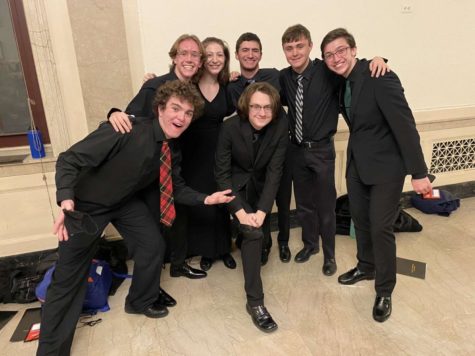
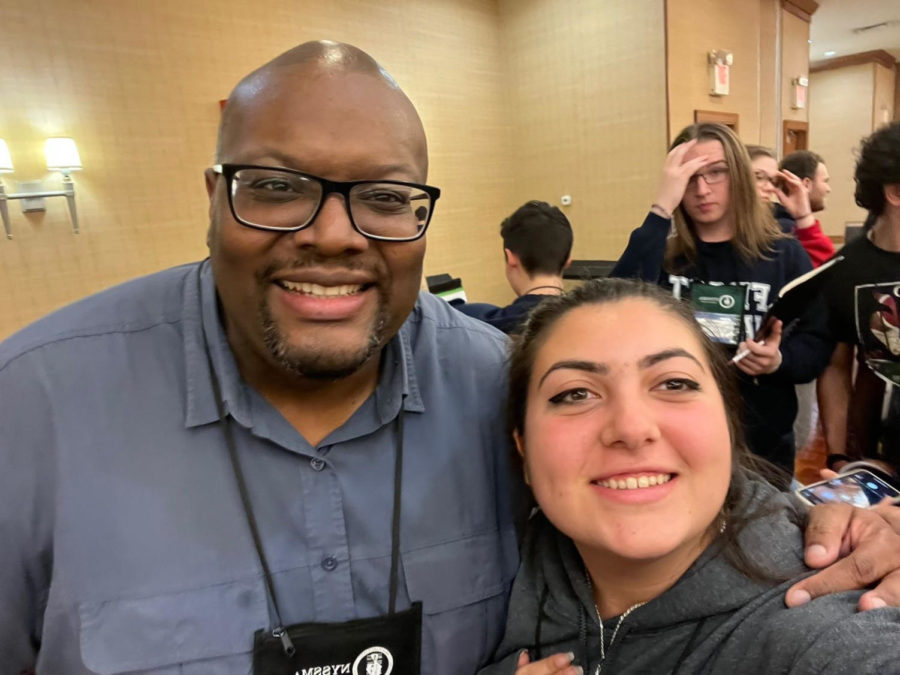
My experience at All-State was truly life-changing. I met so many amazing people, and made some truly incredible music. To this day, I still talk with some people I met there, as I see them go on to their futures.
The performances are generally held in the Eastman School of Music in Rochester. The theater there is breathtaking both visually and acoustically, and it’s easily the most stunning stage I’ve had the privilege of performing on.
Beyond those who will play or sing with you, All-State gives the chance to work with nationally esteemed directors who bring a unique style to the group.
I won’t say more, but suffice it to say that All-state alone, without the next steps, is an incredible experience worthy of the work it takes to get there.
But about those next steps…

All-Eastern
I promised we’d talk more about this later, and here we are.
Unlike All-State and All-National, All-Eastern is held once every other year. As the name suggests, it features the best singers of the Eastern Sea Board, and its location moves up and down the coast. Two years ago, it was held in Boston, and this year (when Keira attended) it was in Rochester, the same place that All-State was held.
Being as I never attended All-Eastern (again, I promise I’ll get back to this), I’ll let Keira speak for her experience…
“Learning this music on my own presented unique challenges that I hadn’t encountered before. For All-State, the administration provided us with practice tracks and required part-checks two weeks before the festival. All-Eastern did not provide this and thus caused me to work extremely hard to be confident in the music without a safety net.
“As for the festival itself, although it was held at the same venues as All-State, All-Eastern had its own unique atmosphere.
“Our director, Dr. Christina MacMullen, taught us how to voice a choir. This means finding out who in each section had a “flute” voice and who had a “trumpet” voice. This is extremely beneficial to the choir because it places everyone near someone with a similar voice type so they could be more confident — something that I had never experienced before.
“For one song, ‘Ergen Deda’, we even created skits based on the story of the song and presented them to the choir. This helped our performance because we were able to think back and connect with the story and overall just have a good time, something that isn’t commonly demonstrated during choral pieces.
“Frequently during rehearsals, Dr. MacMullen would allow us to mingle with members of other sections to practice parts one-on-one. During the festival, I was able to meet people from all over the East Coast and form long-lasting friendships.”
I can attest from All-National that the level of independent work is much greater for NAfME ensembles (NAfME being the company behind the two “Next Step” groups), but likewise that the experience itself rewards such focus. Groups like All-Eastern delve further into the music than any other at the high school level, and it’s often done in a fun way. In other words, the experience is well-worth the effort… but how do you get in?
Well, the process is actually quite easy if you know where to look.
All-State is a prerequisite for All-Eastern, but it is also the only prerequisite. Once you get into State, you can apply for East toward the end of Summer. You need not even have attended All-State the year before. There is a relatively short application process, and no secondary audition.
So give it a shot! If you get into All-State for the first time before an All-Eastern year, just go for it! There’s no harm in trying.
Now, why didn’t I get into All-East? The answer is simple. All-Eastern performers are selected and nominated by individual states. So because, as I describe further in the coming section, I got a 99 at NYSSMA my junior year, they didn’t select me.
This is crucial to understand, because the selection process is totally different for…
All-National
My experience with All-National was nothing but miraculous, and testament to how much your NYSSMA score isn’t the end of the journey.
At NYSSMA my sophomore year, I achieved a perfect score and attended All-State the next year. This not only set the bar very high expectation-wise, but I was also told repeatedly that getting into All-State twice was even more difficult than getting in once. So imagine my utter terror when I got a 99 the following year!
I spent months terrified I wouldn’t get into State, but still I gave a shot to All-National (the application for which is due at the end of the school year), and managed to get in. Even with my 99.
So how does that process work?
Like All-Eastern, a simple application is required, but unlike All-Eastern, there is a short secondary audition. On the application website for All-National, there will be the sheet music for a short piece, which unfortunately, you will have to learn from the transcription alone. I should warn you: it’s not an easy piece to learn either. That said, it’s not a difficult piece to sing/play – comfortable for the voice part or instrument you chose.
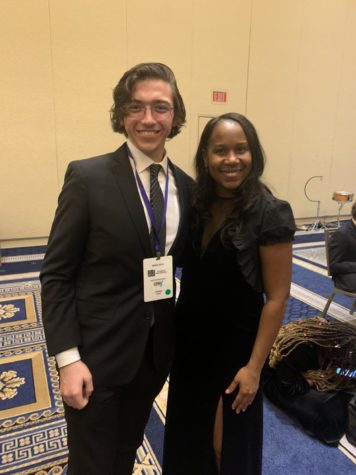
I should also say that the All-State is also a prerequisite for National, and the timing lines up such that, for New York State, you have to get into All-State the year before. I was eligible because I attended All-State my junior year. To be clear, this is a flaw in the scheduling of NYSSMA, but we’re unfortunately bound by it.
So given that limitation, All-National is in the relatively far future for anyone who wants to go for it, but if you become eligible, please apply.
When I tell you All-National was one of the most important events of my entire life, I mean it without any exaggeration. My life was changed, and I was given sudden clarity about what I wanted to do with college. I completely changed gears with the schools that I applied to and everything. I am eternally grateful for the incredible experience.
You will never meet so many kindred spirits as at a place where everyone had no other option but to work their tails off. The conductors do more than teach. They love the music, and get you to love it too. The contemporary style of the convention means that you get to be free in style, and get opportunities to dance around and feel the mus
My small friend group that weekend alone was composed of four people from Connecticut, Pennsylvania, North Carolina, and Alaska, respectively. I met people who will be in my life forever, all of which humbled me with their talent.
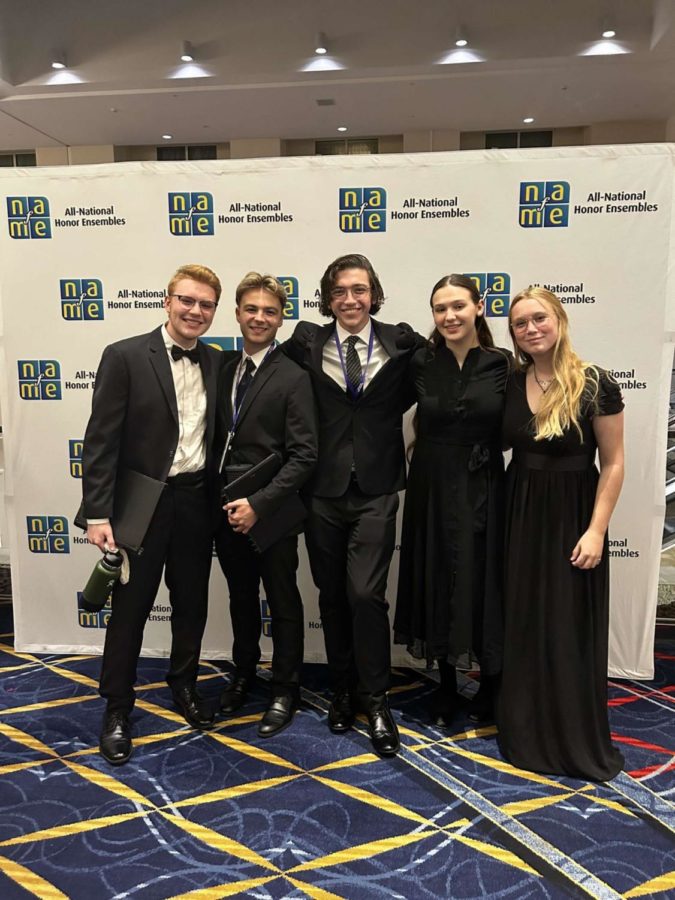
… which is exactly the point!
In truth, the whole experience is humbling. A fact true of State, East, and National alike is that being there is an honor, but it’s also a reminder that you’re not the only one. Those ensembles are the best performers at all levels short of global, but there are also hundreds of people in each group. You become one of many who made it to one or all of those events. You stand out not for your talent, but for your labor, for your care, and for what makes you passionate.
The common thread through all of these opportunities is pay off for hard work. You’ve worked so hard to get where you are, and whatever happens next is a matter of keeping that up. All of this is attainable if you give it your all, and if you love the music enough. You will find your people at these festivals as one of many who had that passion, and the fire to look at a challenge so difficult and choose to best themselves.
And with, I’ve given most of the tips I have. I hope dearly to see you in the school news with a smile on your face up in Rochester or down in D.C.. I love to see passion rewarded.
So, as the year comes to a close and we move into a new year of music…
Best of luck, and break a leg.

